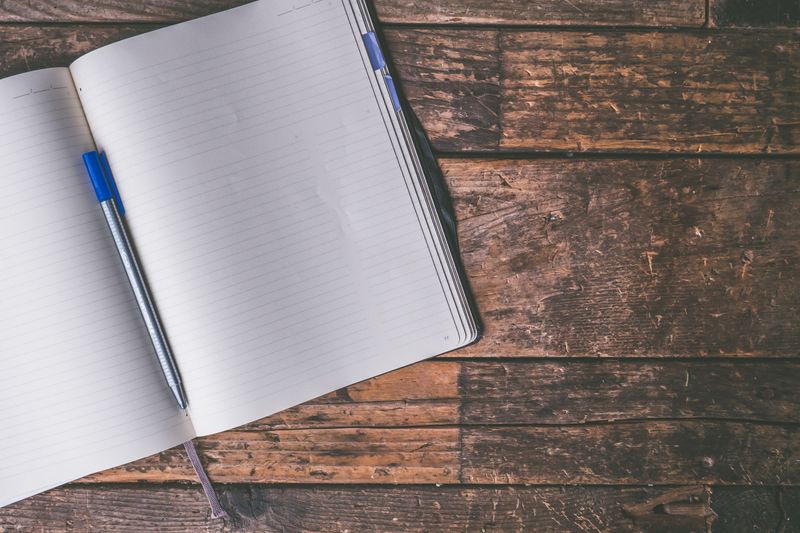## Effects on Press Freedom and Society
Journalists play a crucial role in holding power accountable by investigating and reporting on corruption and human rights abuses. The intensification of attacks on journalists is problematic for several reasons. First, it threatens the functioning of democracy by suppressing freedom of expression, a fundamental human right. Second, it creates a culture of fear and silence, where information is censored, and the public is deprived of the opportunity to learn about issues that matter. Third, the harassment and intimidation of journalists undermine the credibility of media outlets, which is detrimental to a functioning democracy.
Tabani Moyo, Regional Director for the Media Institute of Southern Africa, said, “journalists hold up a mirror to society. Targeting them simply for doing their work sends a wrong message that states are not prepared to uphold their human rights obligations and to be held accountable.”
## Country-Specific Cases
In Zimbabwe, the Cyber and Data Protection Act, which became law in December 2021, has been used to harass and intimidate journalists for doing their job. In Tanzania, authorities have continued to use repressive media laws to restrict press freedom. Meanwhile, in Ethiopia, at least 29 journalists and media workers were arrested in 2022, with the Tigrayan authorities charging five journalists with “collaboration with the enemy.”
In the Democratic Republic of Congo, Journalistes En Danger reported 124 cases of attacks against journalists and media organizations in 2022, including one journalist who was killed and two who were abducted. In Malawi, investigative journalist Gregory Gondwe was arrested in April 2022 for publishing a story alleging police corruption and still faces charges related to the illegal transmission of information online. In Mozambique, journalists deemed critical of the government were subjected to threats, harassment, and intimidation.
## Call for Action
Civil society groups, including Amnesty International and the Media Institute of Southern Africa, have called for authorities to respect press freedom by creating an enabling environment where journalists can work without fear of repercussions. Authorities must uphold their human rights obligations and be held accountable for their actions.
Chagutah argues that “authorities must create a conducive environment which allows the press to work without repercussion, intimidation, and imprisonment, for doing their job. Journalism should not be criminalized.” In conclusion, freedom of the press is fundamental to a functioning and transparent society, and the attacks on journalists across East and Southern Africa must stop.

<< photo by Jessica Lewis Creative >>
You might want to read !
- Bangladesh Faces Backlash Over Crackdown on Journalists and Critics
- Maldives Media Crackdown Worsens Amid Threats to Press Freedom
- Myanmar Military’s Enhanced Blast Strike Confirmed as War Crime
- “Freedom in Peril: Greece Earns Last Place Among EU Countries for Press Freedom”
- Investigating the Ties between Burkina Faso’s Military and the Brutal Killing of 156 Innocent Civilians
- Democratic Republic of Congo’s ‘State of Siege’ must be lifted by authorities immediately.
- The Dangerous Threat of Censorship in US Schools: A Violation of Basic Human Rights
- “EU Parliament Urges Tougher Regulation of Spyware to Safeguard Fundamental Rights”
- The Emerging Threats to Democracy: Turkey’s Internet Censorship and the Upcoming Election